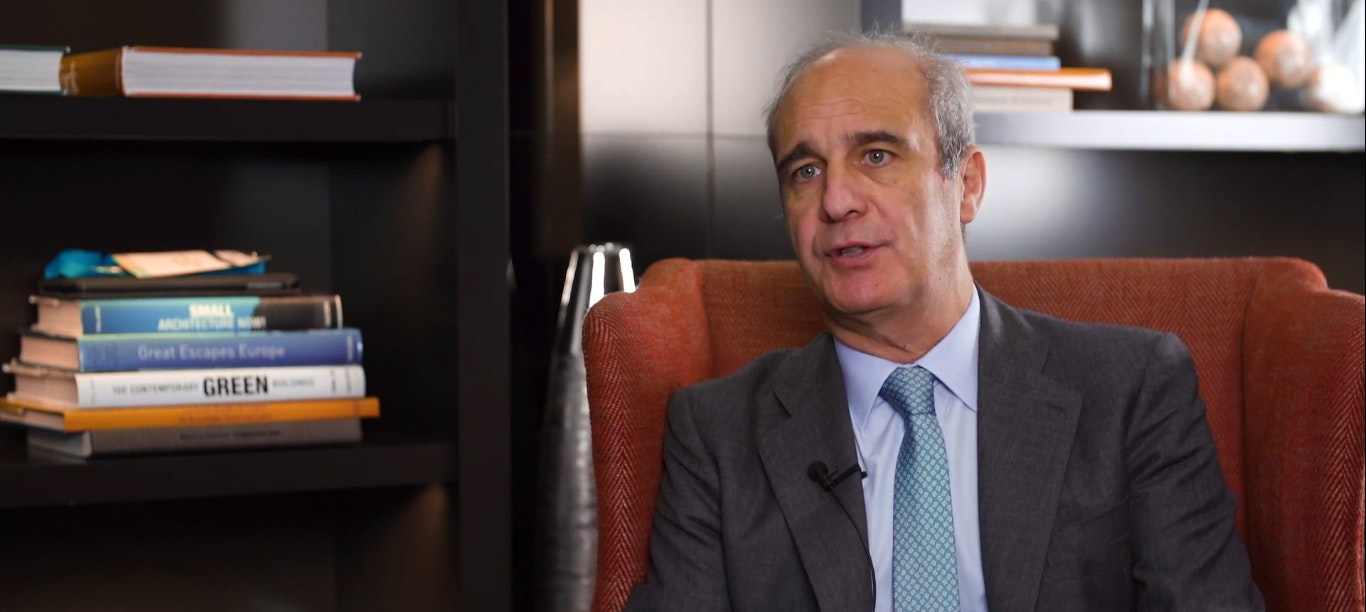Antonio Vallespir: bioenergy portfolio diversity and the rise of ethanol

Antonio Vallespir is Chief Executive Officer at Vertex Bioenergy, a leading bioethanol and DDGS producer in Spain and France. He has more than 18 years' experience in the biofuels sector.
At the World Ethanol & Biofuels conference, we had the opportunity to ask Antonio about the political attitude towards ethanol in Europe and his expectation for growth Spain and across the continent.
“In Spain particularly, we believe we have the opportunity to start developing and implementing E10. I think probably next year will be a transition year, but we do expect an increase of about 30-40 million litres of ethanol demand.”
Q: What is your assessment of the political attitude towards ethanol in Europe at the moment?
Antonio Vallespir: I think that Europe is supportive of ethanol and I think that it is a proven, cost-effective tool in the mitigation, and reduction, of greenhouse gas emissions. I do think we have an opportunity to be more supportive to regulations across all member states to have only one speed developing E10 and higher blends across Europe. Today, I think there are some member states that are at high speeddeveloping E10, and some other member states that are in a low level of developing E10.
Q: How much growth do you expect to see in ethanol consumption across Europe and Spain during the 2020’s?
Vallespir: It is difficult to say, but we are expecting an increase of approximately 300-400 million litres across Europe because of a combination of regulation and an increase in gasoline consumption in several countries. In Spain particularly, we believe we have the opportunity to start developing and implementing. I think probably next year will be a transition year, but we expect an increase of about 30-40 million litres of ethanol demand.
Q: Vertex benefits from the EU’s double-counting system with its wine alcohol units. What is your perspective on double-counting?
Vallespir: For us double counting on the ethanol side is a very small market. We don’t have too much raw material available. It is something that we do not think is the solution to decarbonising the transport sector. We see it as something which is complimentary for our customers. It is not a tool on the ethanol side to really decarbonise the transport sector.
Q: How important are alternative revenue streams to Vertex’s business model?
Vallespir: I think it is very important, because it is important to diversify our portfolio, and it’s something that allows us to be more resilient in the market. Also, as you know, animal feed in Europe is a market with a lack of protein, and our co-generation provides us with a better break-even. In short, you can be more competitive, and you are more able to diversify your portfolio.
